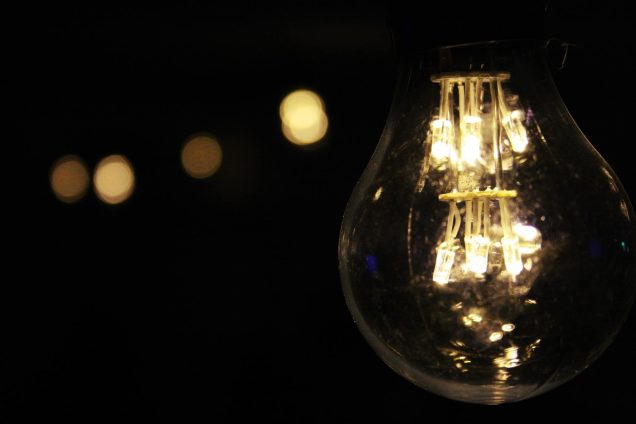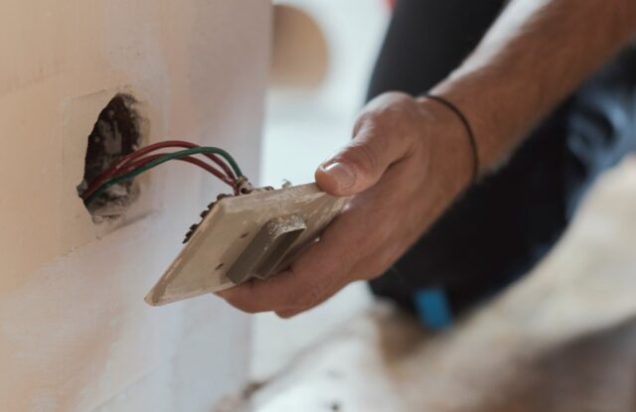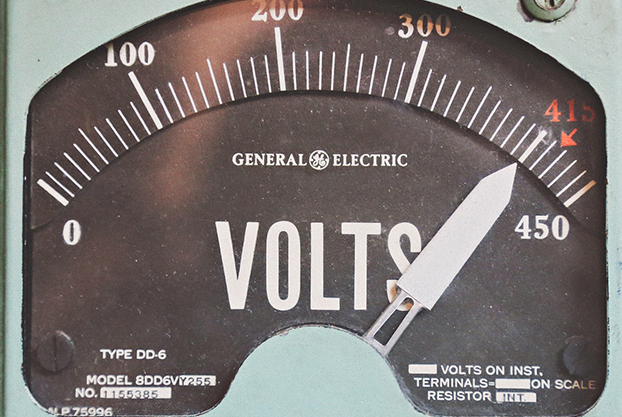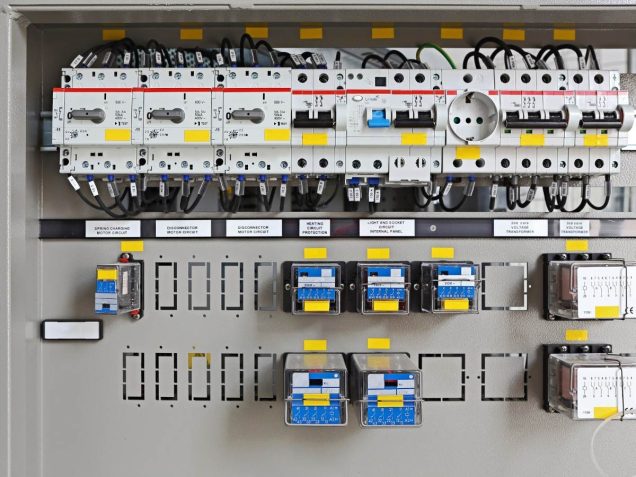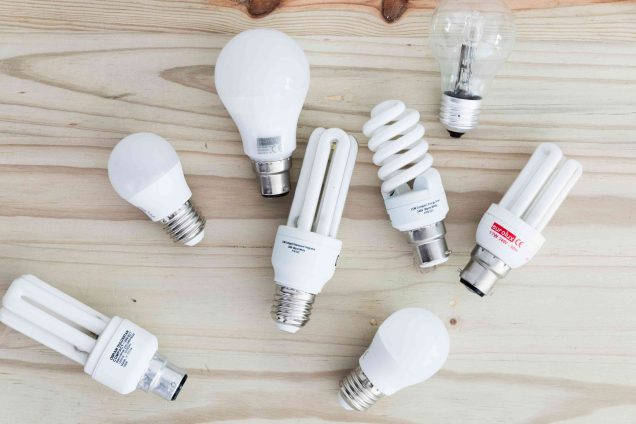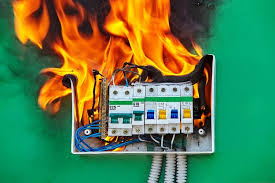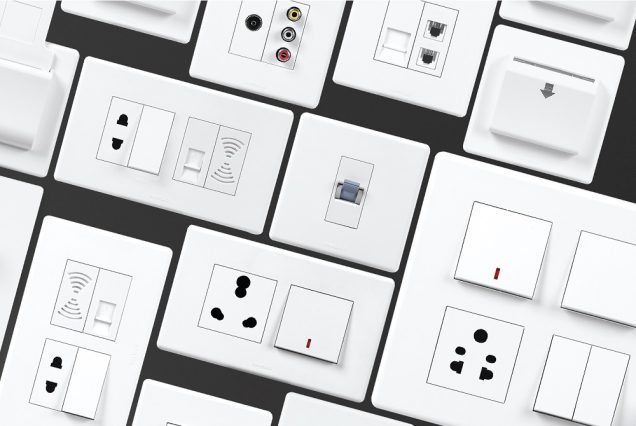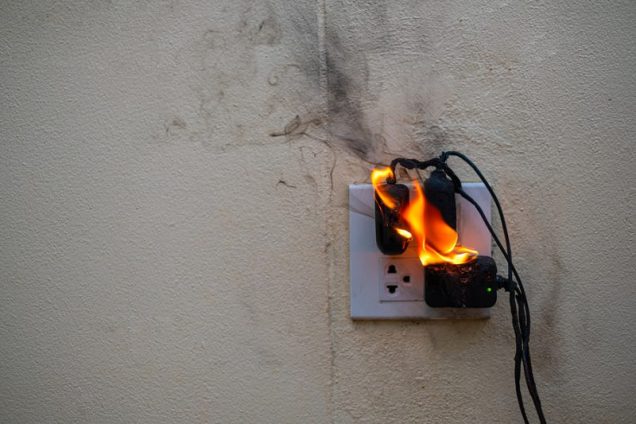
Reasons for low voltage in residential areas
Low voltage is when the electricity supply is 120 volts and below. This shows that a device is using lower power than the socket provides. When appliances don’t get an adequate amount of electricity, they start to overheat which leads to damage of such appliances. WHAT ARE THE REASONS FOR LOW VOLTAGE? In most cases, […]
